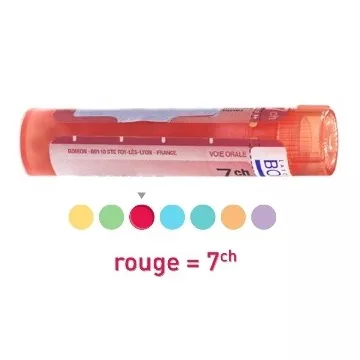



What are varicose ulcers?
Varicose ulcers are open sores that form on the skin, usually on the legs, as a result of chronic venous insufficiency. These ulcers are often associated with varicose veins, and can be painful and difficult to heal.
What causes varicose ulcers?
Varicose ulcers are mainly caused by poor blood circulation in the leg veins, often due to chronic venous insufficiency. This can be caused by varicose veins, deep vein thrombosis or other venous conditions.
What are the symptoms of varicose ulcers?
Common symptoms of varicose ulcers include open sores on the legs, pain, itching, swelling, redness and discharge of fluid from the sore. These symptoms may be aggravated by prolonged standing or sitting.
How are varicose ulcers diagnosed?
The diagnosis of varicose ulcers is usually based on a physical examination by a physician or venous disease specialist. Additional tests such as Doppler ultrasound may be used to assess blood flow in the veins and identify any underlying conditions.
How are varicose ulcers treated?
Treatment of varicose ulcers aims to improve blood circulation in the legs and promote wound healing. This may include wearing compression stockings, elevating the legs, cleaning and dressing the wound, and using medication to treat infection or reduce inflammation.
Can varicose ulcers be prevented?
Although certain risk factors such as heredity cannot be avoided, there are preventive measures to reduce the risk of developing varicose ulcers. These can include regular exercise, maintaining a healthy weight, avoiding standing or sitting for long periods and early treatment of varicose veins.
When should I see a doctor about varicose ulcers?
It's important to see a doctor if you develop open sores on your legs that don't heal, especially if you have a history of venous problems. Early treatment can help prevent complications and promote rapid healing.
Can natural remedies help treat varicose ulcers?
Some natural remedies, such as compressing the legs with bandages, applying apple cider vinegar or using herbal remedies like witch hazel, can help relieve the symptoms of varicose ulcers. However, it's important to consult a healthcare professional before using natural remedies for this condition.
What are the possible complications of varicose ulcers?
Complications of varicose ulcers can include infection, excessive bleeding, recurrent ulcers, permanent skin damage and reduced quality of life due to pain and reduced mobility. Appropriate treatment and management of risk factors can help prevent these complications.
Can varicose ulcers recur after treatment?
Yes, varicose ulcers can recur even after successful treatment. To reduce the risk of recurrence, it's important to follow your doctor's vein care recommendations and maintain a healthy lifestyle to promote optimal blood circulation.
Are varicose ulcers contagious?
No, varicose ulcers are not contagious. They are caused by blood circulation problems in the veins of the legs, and cannot be transmitted from one person to another by direct or indirect contact.
How do I know if I have varicose veins that could lead to varicose ulcers?
Varicose veins are often visible on the surface of the skin, appearing as dilated, twisted veins, usually bluish or purple in color. If you notice varicose veins on your legs, particularly if you experience symptoms such as pain or swelling, consult a venous disease specialist for evaluation.
Can varicose ulcers be treated at home?
Although home care such as regular wound cleaning and dressing may be necessary, the treatment of varicose ulcers must be supervised by a healthcare professional. Specific measures, such as the wearing of compression stockings or the use of medication, may be necessary to promote effective healing.
What are the risk factors for varicose ulcers?
The main risk factors for varicose ulcers include advanced age, female gender, obesity, family history of venous disease, pregnancy, sedentary lifestyle, and conditions such as diabetes and high blood pressure.
Are there any complications associated with wearing compression stockings to treat varicose ulcers?
Although compression stockings are generally safe and effective in improving blood circulation in the legs and preventing varicose ulcers, some people may experience complications such as skin irritation, itching or allergic reactions. It is important to consult a healthcare professional for personalized advice on the use of compression stockings.